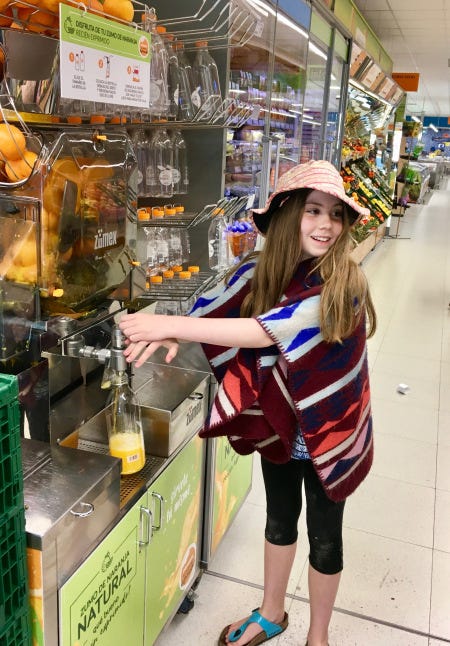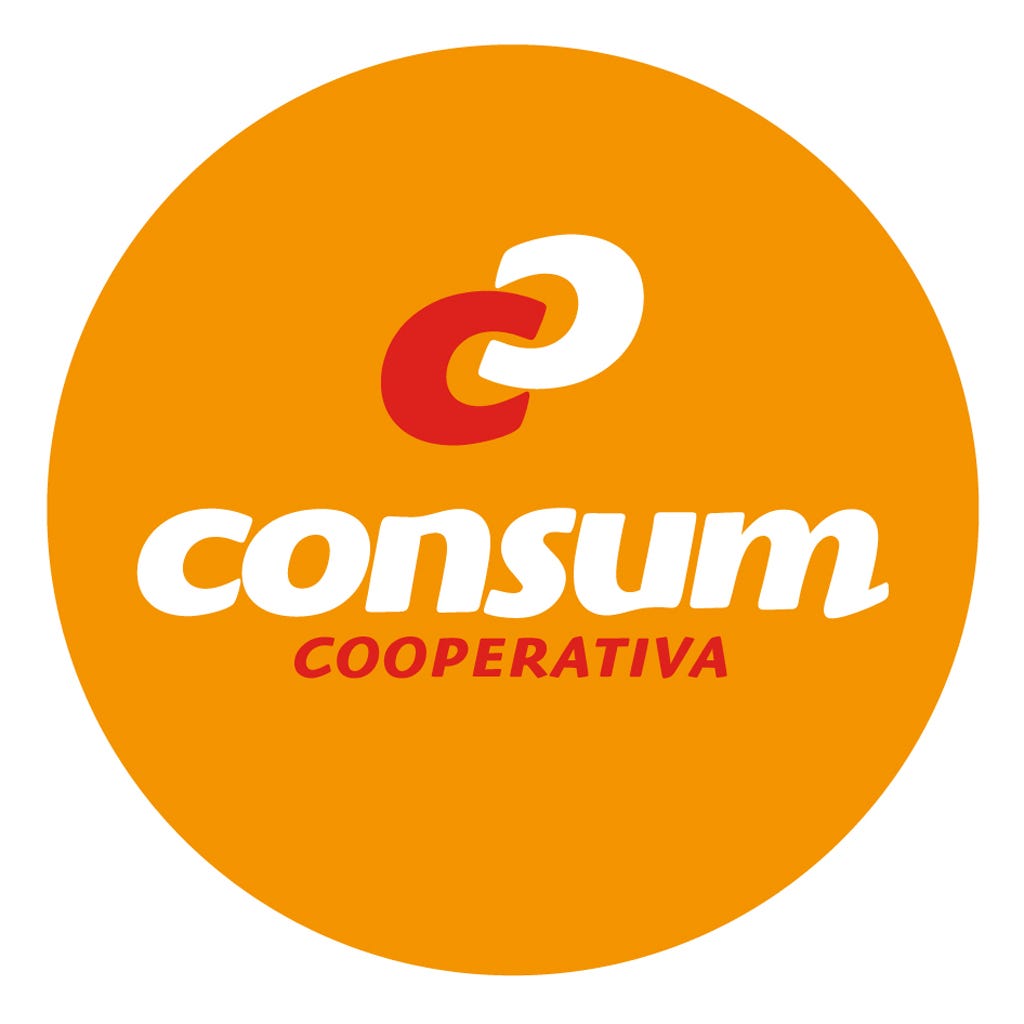A worker and consumer cooperative powered by renewables
by Melissa Scanlan
This story was originally published at coopverde.wordpress.com and is reposted here with permission.

Created at the dawn of building a new democracy and labor movement in Spain in 1975, Consum Cooperativa has grown over 40 years to 14,364 workers, 95 percent of whom are worker-owners, serving 3 million consumer members. Consum has 707 grocery stores throughout the Spanish Mediterranean. Committed to sustainability, the groceries have significantly reduced their carbon footprint over the last decade and now meet 75 percent of their energy needs with renewables. By the end of 2019, the goal is to be using 100 percent renewable power.
Post-Franco Origins
Consum’s birth coincided with the Spanish dictator, Francisco Franco’s, death. At that time, workers were a key force organizing to build a new democracy. Spain was in a deep recession as part of the 1973 oil crisis, so it was a time when people were searching for economic stability while struggling to build a new democracy. More people were moving from rural areas to major cities, such as Valencia, which created greater demand for housing and food in these areas. These factors all contributed to creating fertile conditions for launching new cooperatives.
Inspired by the example of Mondragón in the Basque community, Consum’s founders wanted to establish a cooperative movement in the Valencian community.
Inspired by the example of Mondragón in the Basque community, Consum’s founders wanted to establish a cooperative movement in the Valencian community. They focused on housing and consumer cooperatives, including creating a consumer cooperative grocery store that could compete with the large European chain stores that were entering Spain. Their main objective was to make local purchases as a group and eliminate intermediaries between producers and consumers in order to offer the best product at the best price to their members. At the time, inflation was over 20 percent so lowering the costs of basic necessities like food was critical.
Largest Retailer in Spanish Mediterranean

By 2017, Consum had grown to be the 7th largest retailer in sales volume in Spain, and the largest in the Spanish Mediterranean. They opened 38 new supermarkets in 2017 when others were closing stores. Consum ended 2017 with more than a 7 percent increase in sales over the prior year. This translated into a surplus of 51.7 million euros, which rather than being reserved for shareholders, was distributed to the cooperative’s members: 31.4 million euros to the workers and 35.6 million euros to the consumers.
The U.S. has no comparable consumer cooperative grocery store of this scale.
While Consum is not the largest cooperative grocery store in Spain (Eroski, part of the Mondragón cooperative, is much larger), the U.S. has no comparable consumer cooperative grocery store of this scale. The closest thing in the National Co-op Grocers, which is organised to unify and strengthen purchasing power of natural food cooperatives, while supporting their autonomy. They represent coops that collectively run 200 stores (compared to Consum’s over 700).
The Cooperative Difference and Environmental Sustainability
Consum has consistently promoted environmental sustainability and transparency beyond its legal obligations, including:
- Measuring and reporting on sustainability using the Global Reporting Initiative (GRI) format since 2006 (legally required in 2018).
- Becoming the first grocery in Spain to measure its Carbon Footprint and use it to strategically target and reduce its impact, yielding a 24 percent reduction in 2017 (entirely voluntary).
- Running 75 percent of its operations on renewable energy, with a goal of 100 percent in 2019 (entirely voluntary).
- Adopting a zero waste policy to increase recycling and avoid sending waste to landfills (ahead of EU regulations to recycle 70 percent packaging waste by 2030).
“Cooperative values and principles are important because they give an identity to a company and reflect its commitment to society and employees,” says Carmen Picot, Consum’s leader in corporate social responsibility.
I spoke with Carmen Picot, Consum’s leader in corporate social responsibility, about the cooperative’s commitment to environmental sustainability. She says, “cooperative values and principles are important because they give an identity to a company and reflect its commitment to society and employees.” Consum defines its values as follows:
- Listen to the client, workers, suppliers and the environment.
- Contribute products, services, training, information, welfare, innovation and development.
- Be responsible, meaning commitment, honesty and sustainable action.
Consum shows a commitment to sustainability on a broader scale as well, implementing policies that sustain communities at multiple levels. In 2017, 72.4 percent of their employees were women. Unlike many other workplaces, women also hold a majority of Consum’s management positions (58.8 percent). In 2018, the grocery increased paid parental leave to seven weeks, two weeks more than required by law, partnered with the Red Cross to employ people at risk of exclusion from the labor market, and raised wages by 1.5 percent.
While Consum appears to provide stores and prices similar to investor-owned supermarket chains, their cooperative legal structure establishes a sharing of financial surplus with their worker and consumer members. In addition, their cooperative values have set them on a path to greater environmental sustainability than required by environmental laws, which demonstrates a cooperative difference.
Melissa Scanlan was the co-founder, with Gus Speth, of the New Economy Law Center, which she now directs. Professor of Law at Vermont Law School, she has served as Associate Dean of the Environmental Law Program and Director of the Environmental Law Center. She can be reached at mscanlan@vermontlaw.edu.
Fifty by Fifty is working to transform the U.S. economy by growing employee ownership. Join our campaign, and we’ll send our monthly newsletter, filled with great company stories, right to your in box.
